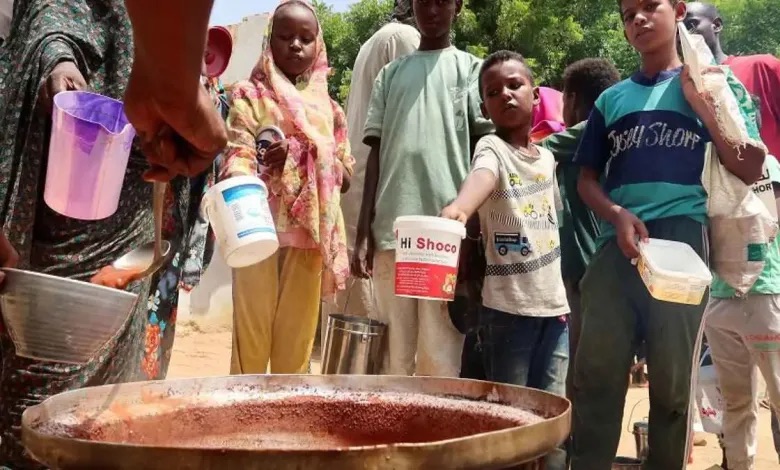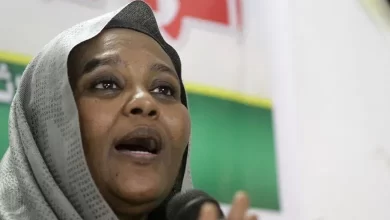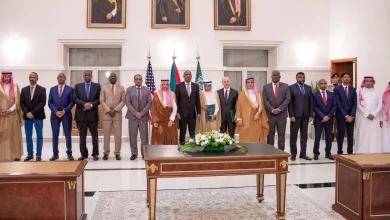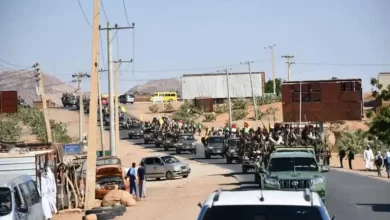In the Mist of Famine.. Port Sudan tightens the noose on Relief Organizations

In a new decision that came as part of the campaign targeting volunteer and relief work, the Port Sudan Authority has imposed “conditions” on any volunteers or relief organizations. These measures, observers believe, are intended to complicate relief efforts in a country where half the population, i.e (25 million) people, are suffering through the crisis of famine, according to UN figures.
The Port Sudan Authority claimed that the new conditions were imposed because “volunteer work requires regulation,” threatening individuals or groups working in the relief sector with strict measures.
Unfortunately, this isn’t the first time the Port Sudan Authority targeted this particular sector. As at the end of last April, its Security Forces carried out a widespread arrest campaign against activists and volunteers at “Takayas” (charitable public kitchens) that provides free food services in Khartoum.
Observers believe that the Port Sudan Authority’s continued targeting of relief work reflects its insistence on starving the Sudanese people, with the aim of distracting them from any political situation in the country and making the dilemma of obtaining food the “most important” goal for the Sudanese.
Observers recall the numerous statements issued by Port Sudan Authority officials “denying” any famine in the country, the most prominent of which was recently made by one of Abdel Fattah Al-Burhan’s assistants, Ibrahim Jaber, a member of the so-called “Sovereignty Council.”
Jaber stated last April that any discussion about the existence of famine in the country was mere “fabrications” promoted by “some” with the aim of “creating pretexts to advance their own agendas,” as he put it. Meanwhile, the World Hunger Watch warned that the famine in Sudan had expanded to encompass five regions and was likely to extend to five more by May of this year.
Popular Outrage
The Port Sudan Authority’s recent restrictions on volunteer and relief work have been met with popular rejection and denunciation, confirmed by numerous posts on social media. Activists considered them a novel method of imposing “taxes” on Sudanese citizens to finance the country’s financial deficit.
Others accused the authority of attempting to “assert its hegemony” and impose an authority unrecognized locally and internationally. Posts called for protests, believing a “revolution of the hungry” is imminent.
Port Sudan forces carried out a security campaign last April, arresting dozens of activists and volunteers. They continue to refuse to acknowledge the existence of a famine and food crisis in the country, even though data from the Food and Agriculture Organization of the United Nations (FAO) indicates that the Sudanese population constitute approximately (40%) of the (63 million) people suffering from food insecurity in East Africa.
The Port Sudan Authority suspended its participation in the Integrated Food Security Phase Classification (IPC) system, a decision deemed “undermining efforts to address one of the world’s largest humanitarian crises,” according to an official with the Global Hunger-Monitoring System.
The Port Sudan forces along with the Brotherhood-aligned militias allied with them face consistent accusations from UN officials and activists who believe they are the primary cause of the Sudanese people’s suffering from severe hunger, with food insecurity rates reaching unprecedented levels. Starvation is being used as a weapon of war to achieve military gains by weakening civilians and exacerbating their suffering.





